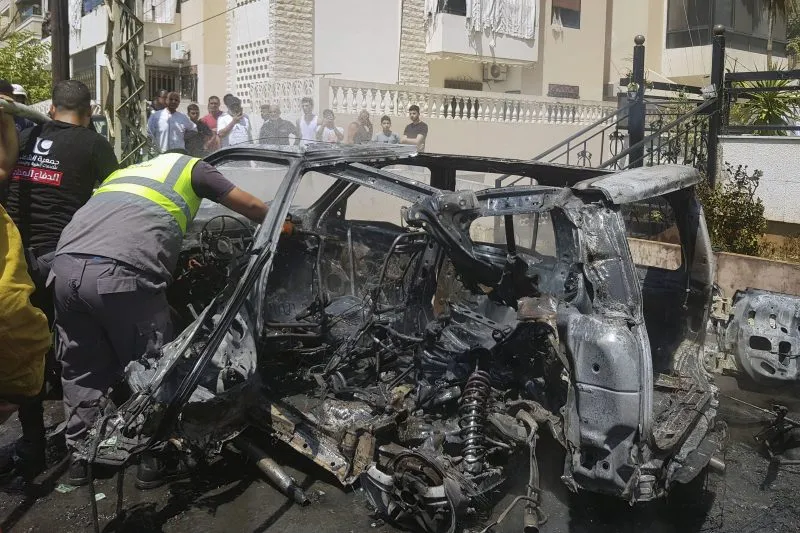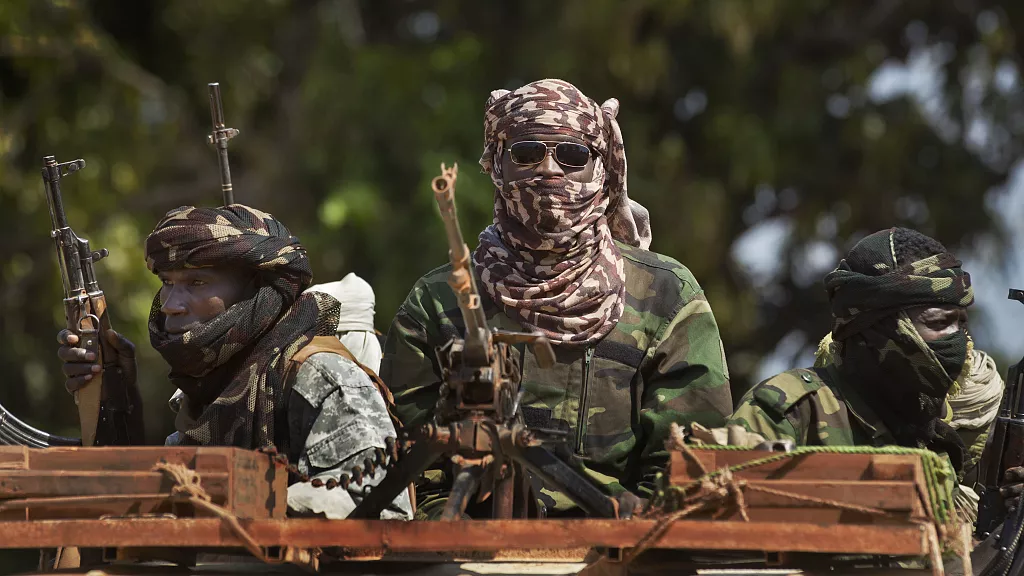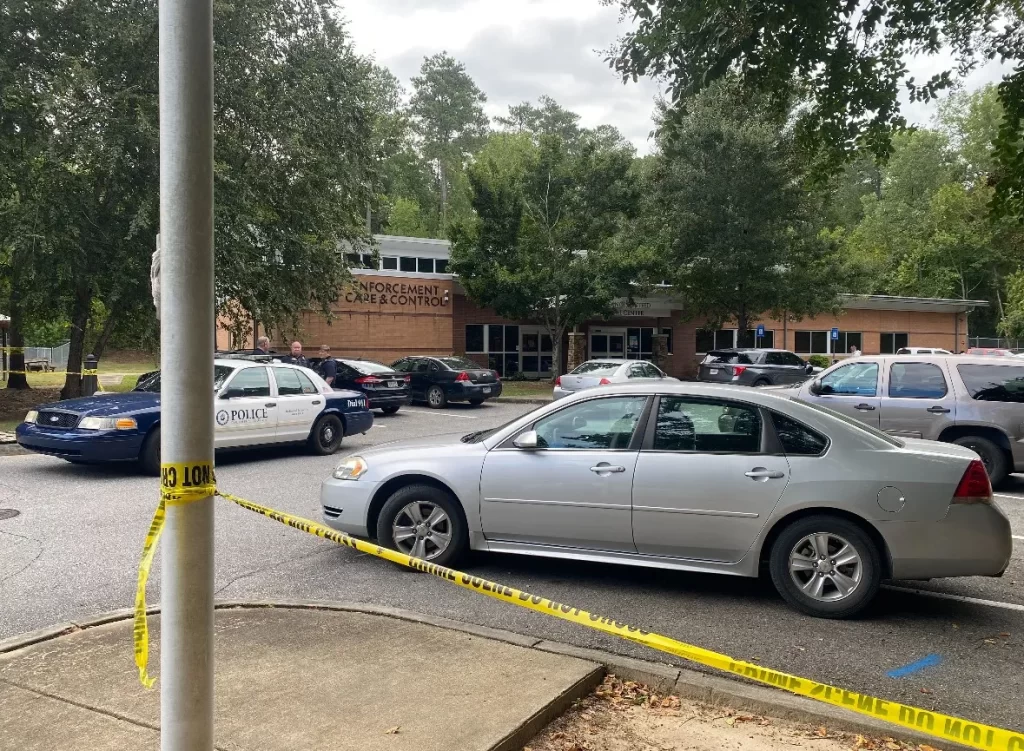A devastating attack by al-Qaida-linked jihadists has left at least 100 people dead in central Burkina Faso, marking one of the bloodiest assaults in the conflict-ridden West African nation this year. The massacre, which targeted both civilians and security forces, underscores the escalating violence gripping the country despite recent changes in leadership.

The attack unfolded on Saturday in the Barsalogho commune, approximately 80 kilometers (50 miles) from the capital city of Ouagadougou. According to Wassim Nasr, a senior research fellow at the Soufan Center and Sahel specialist, villagers were assisting security forces in digging defensive trenches when militants from the al-Qaida-affiliated group Jama’at Nusrat al-Islam wal-Muslimin (JNIM) launched their assault.
Video evidence reviewed by regional experts, including Nasr, revealed a grim scene with bodies piled beside newly dug trenches, suggesting a death toll of at least 100. While the Associated Press could not independently verify this count, the footage clearly depicted a massacre of significant scale.
Al-Qaida swiftly claimed responsibility for the attack on Sunday, boasting in a statement that they had gained “total control over a militia position” in Barsalogho. The town of Kaya, where the attack occurred, holds strategic importance as a base for security forces combating jihadist attempts to close in on the capital.

Burkina Faso’s Security Minister, Mahamadou Sana, addressed the nation via state television on Sunday, confirming that both soldiers and civilians were among the casualties. Without providing specific numbers, Sana assured the public that the government had responded with ground and air support. “We are not going to accept such barbarity on the territory,” he declared, pledging medical and humanitarian assistance to those affected.
This latest atrocity highlights the precarious security situation in Burkina Faso, where approximately half of the country’s territory lies beyond government control. The nation has been increasingly besieged by jihadi attacks linked to both al-Qaida and the Islamic State group, resulting in thousands of deaths and the displacement of over 2 million people in what experts describe as one of the world’s most neglected crises.
The persistent violence contributed to two military coups in 2022, with the current junta led by Capt. Ibrahim Traore struggling to fulfill its promise of enhanced security. Despite seeking new partnerships with Russia and other junta-led countries in the Sahel region, the government has made little headway in stemming the tide of attacks.

In a controversial move, Traore’s administration has been encouraging civilian participation in security efforts. The Volunteers for the Defence of the Fatherland (VDP), a civilian task force, works closely with the military. The trenches being dug in Barsalogho are part of this civilian-military cooperation strategy, aimed at creating defensive positions in areas threatened by jihadist control.
However, experts like Nasr point out that the jihadists’ increasing success can be attributed to multiple factors, including ineffective air cover, poor intelligence gathering by security forces, and weak control of border areas with equally unstable neighbors Mali and Niger. Moreover, human rights abuses committed by Burkina Faso’s security forces and the VDP have reportedly driven more civilians to join jihadist ranks.
As Burkina Faso grapples with this latest tragedy, the international community watches closely. The escalating violence not only threatens the stability of the country but also risks further destabilizing the entire Sahel region. With each attack, the pressure mounts on Burkina Faso’s military government to find effective solutions to a crisis that continues to claim innocent lives and erode the nation’s sovereignty.



